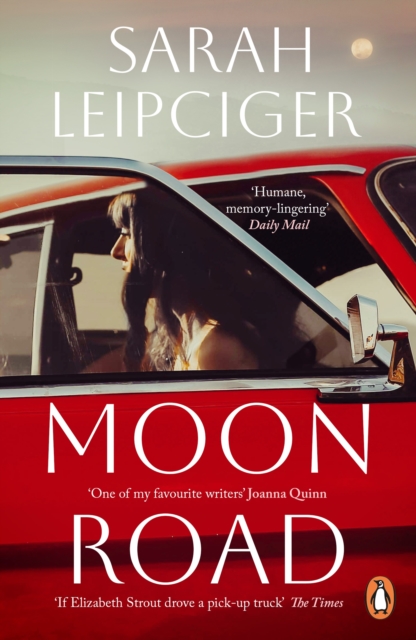
Moon Road by Sarah Leipciger
A new author to us all in Cogito’s fiction book group, Sarah Leipciger’s Moon Road was praised by everyone and we couldn’t believe that she is not better known. Sitting comfortably alongside Ann Patchett and Anne Tyler, her writing is beautiful, observant and she captures her characters’ raw emotions seamlessly. In Moon Road, we meet Kathleen and Yannick, a separated couple whose daughter went missing 22 years ago. They’ve not spoken for 19 years but embark on a road trip together across Canada when new evidence is discovered. As the pair cover miles of vast landscape, Leipciger builds up the layers of the family’s complex relationships and unveils the reality of that fateful night. A highlight of our book group’s reading year!

A Woman in the Polar Night by Christiane Ritter
Christiane Ritter spends a year living with her scientist husband in Spitzbergen. This is her beautifully observed account of living in a tiny hut with a smoky stove and a constant awareness of a diet that lacks essential vitamins. Her writing captures her fascination with this extreme, strange landscape, the drama of the polar world and her appreciation through artist’s eyes of the intricacies of the weather, the light and the colour palette. It is too, a quiet meditation on what is necessary for survival, an understanding of the human condition, moments of joy and cheerfulness and an increased appreciation of what is essential. As relevant today as when it was written in 1934.
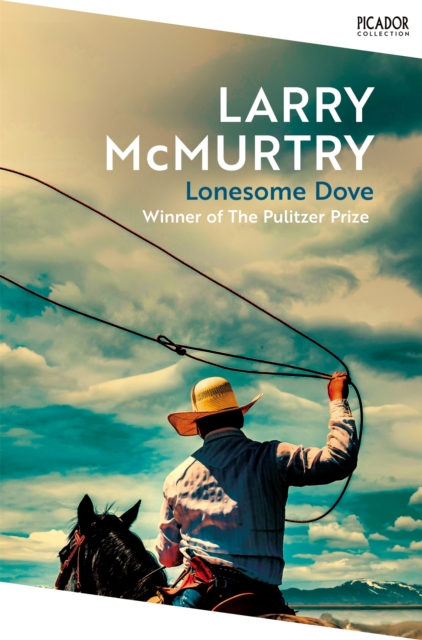
Lonesome Dove by Larry McMurtry
Don’t be daunted by its size, Lonesome Dove is a stunning Western and the reader is straight in the saddle with retired Texan rangers, Augustus McCrae and Woodrow Call, as they form a cattle drive from Texas to Montana. Love, loss and friendship are explored from the vivid perspectives of the characters who accompany them. Beautifully written, I felt every breath of a spooked horse, the howling wind on a lovestruck cowboy’s face and a young woman’s painful yearning to escape – an unforgettable novel.
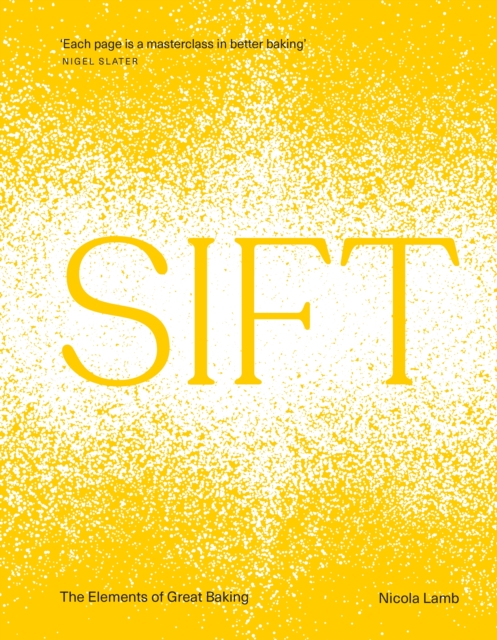
Sift by Nicola Lamb
I immediately bought this book after a friend used it to bake the most delicious victoria sponge I’ve ever tasted, and I’ve eaten a lot of cake in my time! Sift champions a scientific approach to baking with both fantastic recipes and an excellent section describing the science behind many of the baking basics. The recipes are clear and straightforward to follow and have certainly elevated my baking to the next level. I’ve wowed friends with several tasty treats – I can highly recommend the secret chocolate cake on page 266!
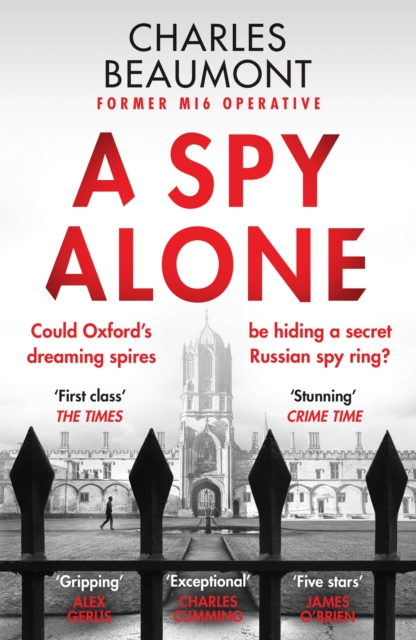
A Spy Alone by Charles Beaumont
There is a lot to enjoy in this debut spy thriller: intriguing characters, plenty of fast paced action contrasted with quieter moments of research and watching and waiting, and a far-reaching web of connections. But perhaps what really makes A Spy Alone stand out, are the many subtle references and observations where it feels like the author is using his MI6 background to let you in on well-kept secrets about how the spy world really works. A brilliant addition to the genre.
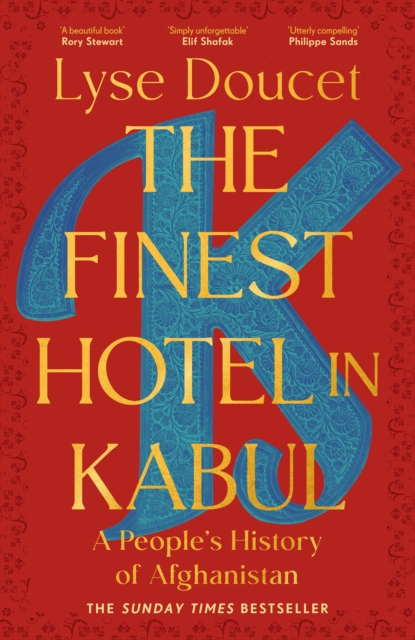
The Finest Hotel in Kabul by Lyse Doucet
Opened in 1969, the Hotel Inter-Continental Kabul is a favourite with journalists working in the city. We hear unfiltered accounts of recent Afghan history and culture as Doucet tells the stories of the hardworking men and women who she meets working at the hotel, making their lives through extreme challenges. These are truly inspiring individuals, solid souls, their persistence to perform their jobs in desperate, dangerous situations takes great courage and their pride, prowess and hospitality is utterly inspiring and uplifting. Lyse Doucet’s trusted journalism and skill as a storyteller really sings from the page - I think this may be my read of the year.
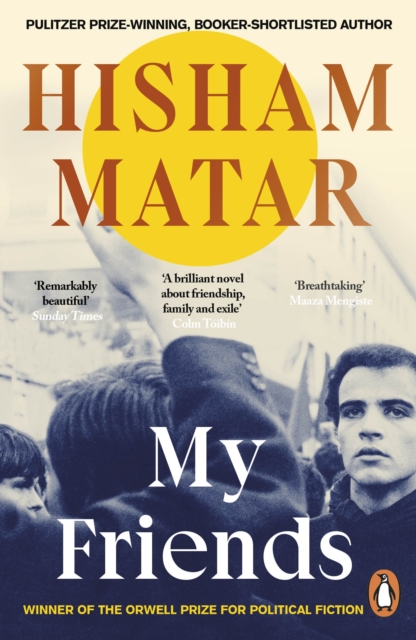
My Friends by Hisham Matar
We start this novel almost at the end of the story, when Khaled walks across London, returning to his flat after saying goodbye to a friend at St Pancras. The familiar route prompts memories and he revisits moments from earlier in his life. Rooted in the fallout from the 1984 Libyan embassy attack, My Friends, delicately examines the friendship between three Libyan men exiled from their country and the consequences of one rash decision. The intimacy of personal reflection and tenderly observed details of the everyday are expertly set against world changing events by Hisham Matar as he explores the bigger issues of what we mean by home and freedom.
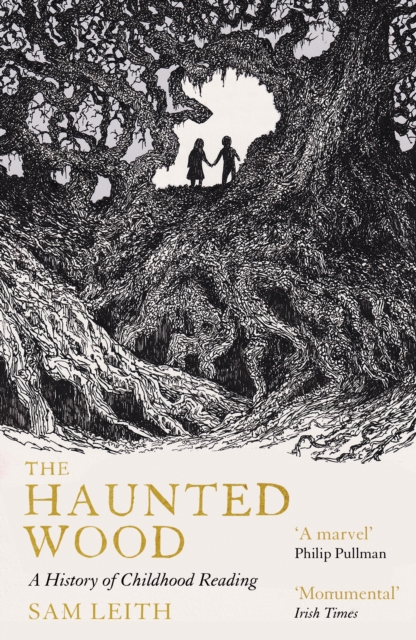
The Haunted Wood by Sam Leith
This deep dive into the history of children’s literature is lit up with warmth and wit and the treasured memories of the author. Children’s literature was rooted in preaching, morality tales and correction but the wild rumpus of myth making and imagination soon began to assert itself! You will learn about the context behind the formation of many of the classics, and maybe why you remember them with such affection. You could even find some suggestions of classics you may have missed or more modern books loved by children today.
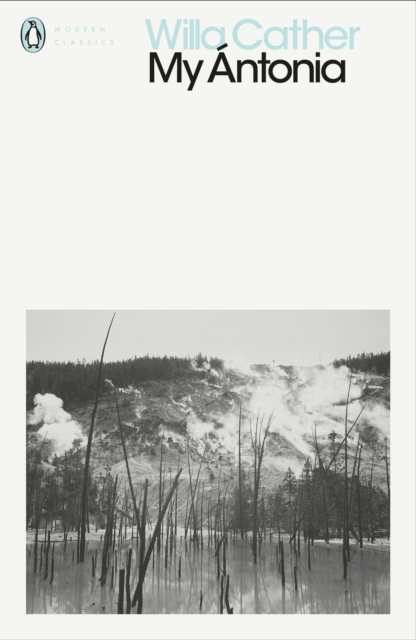
My Antonia by Willa Cather
Connection with landscape is at the forefront of this beautifully written novel, set when pioneers were first breaking ground in Nebraska, attempting to work the untamed land. The story is told by Jim, who returns to the area having moved away many years ago. He recounts his memories of his friendship with Antonia and her Bohemian family. Through the expertly developed characters, we observe the differing social environments of life in the countryside and life in the town, the depiction of marriage, the nuanced balance of self-sufficiency with community and the essential foundation of friendship. I was hugely impressed by how well Willa Cather has skilfully crafted so much into such a short novel. A life-affirming, heartwarming read.

Is a River Alive? by Robert Macfarlane
The idea that a river, a rock or a mountain is ‘alive’ is a tenet of most indigenous societies. Is A River Alive is an imaginative challenge to the Western way of thinking that nature does not have embodied rights. Beginning with a lyrical description of Macfarlane’s local water source – a mapping through time and local lore, the author then travels to three different rivers to explore their environmental, cultural and spiritual context and consider whether they can be considered ‘alive’ and deserving of rights. As always with Macfarlane, the writing is gorgeous, and you will find that there is no simple answer to the deceptively simple question posited by the title.
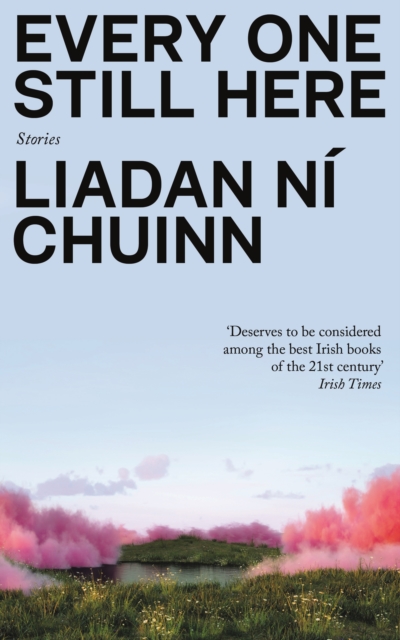
Every One Still Here by Liadan Ni Chuinn
Our recent display of short stories illustrated the appetite many readers have for intricately crafted storytelling - this stunning debut collection demonstrates that craft in abundance. Every One Still Here was written by an anonymous Irish author (not even the publisher knows their identity!) who was born in the year of the Good Friday Agreement. These stories show, with a keen focus on the individual but also an epic scope, the ongoing legacy of years of loss, grief, anger and injustice from The Troubles. The writing is raw, concise, but not without wit and fully rewards the concentration you give to reading it.
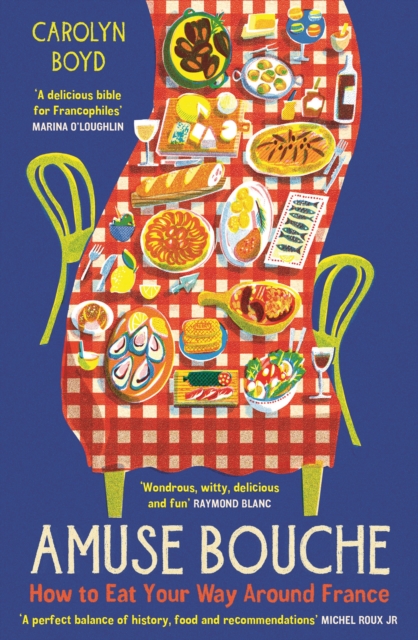
Amuse Bouche by Carolyn Boyd
This book oozes with a love for the gastronomie francaise like a ripe Normandy camembert! Carolyn Boyd delivers an infectious enthusiasm for discovering the terroir, multigenerational food producers and exquisite dishes. She demonstrates the depth of importance that eating well has in daily French life and has done for centuries. There are historic anecdotes lightly sprinkled through her travels as a cookery writer and a wealth of recommendations for dishes and restaurants. I’ll certainly be packing this with me on my next trip to France and I may even take in one of the many eccentric food festivals that celebrate l’Hexagon’s culinary delights!
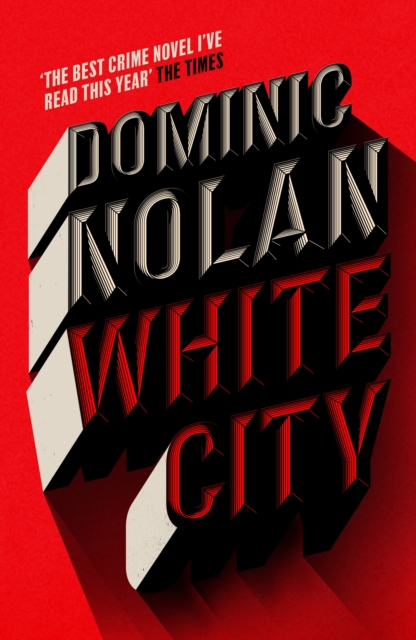
White City by Dominic Nolan
This is an outstanding, character driven, brutal crime epic. It’s the 1950s, inner city London is still heavily blighted by the physical and human damage of war, living conditions are poor, race tensions are high, petty and organised crime thrive. White City begins with the notorious, unsolved, Eastcastle Street postal van robbery and then follows the (largely) fictional lives of both ordinary and extraordinary individuals who were either directly involved or touched by it. I felt a soaring range of emotions with fabulously depicted characters and situations inspiring both deep empathy and strong revulsion. Keeps you reading fast, but makes you think throughout, superb.
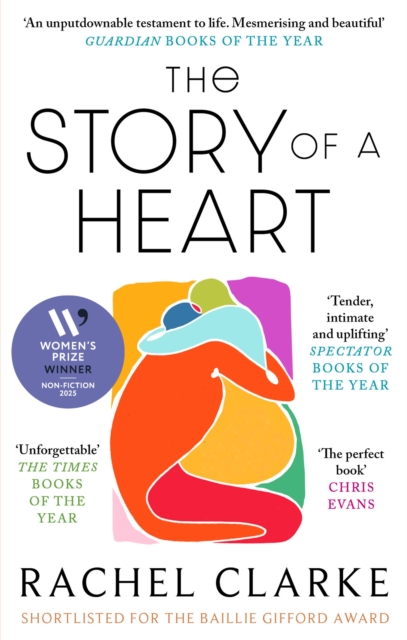
The Story of a Heart by Rachel Clarke
Sometimes you read a book that just makes your life that little bit richer. Rachel Clarke tells the story of a heart transplanted between two nine-year-old children, skilfully interweaving scientific explanation and medical history to describe how this exceptional procedure is possible. She writes about everyone involved: parents, doctors, nurses, paramedics and the countless people working in care support roles, all with clarity and insight, and with an intimate appreciation of the situations each person is navigating. Reading this reminded me of the preciousness of life, the fragility but also the resilience of the human body. Despite the tragic circumstances, this is a book about living, about embracing life and I was left in awe at the depth of determination and kindness of humanity.
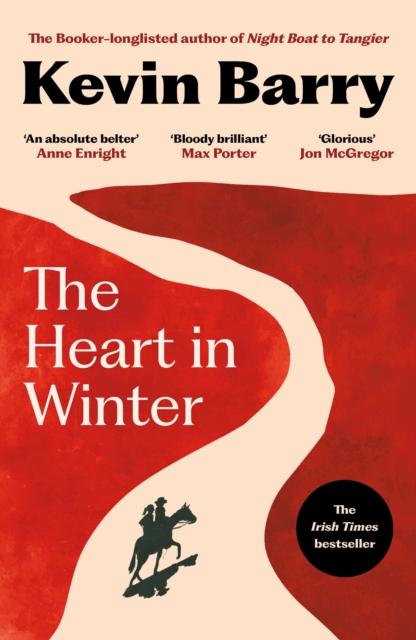
The Heart in Winter by Kevin Barry
This is the tale of Tom Rourke, an Irish immigrant and would-be poet, lost to drink, dope and apathy in a mining town in 1890s Montana and his fateful meeting with Polly Gillespie, a mail-order bride sent out to Long Anthony, powerful boss at the mine and a terrible God-fearing dried-up stick of a man. The young pair are soon enamoured and on the run with a stolen horse and a bagful of money. There is a riotously entertaining cast list of grotesques and misfits and the writing is by turns hilarious and gently lyrical.
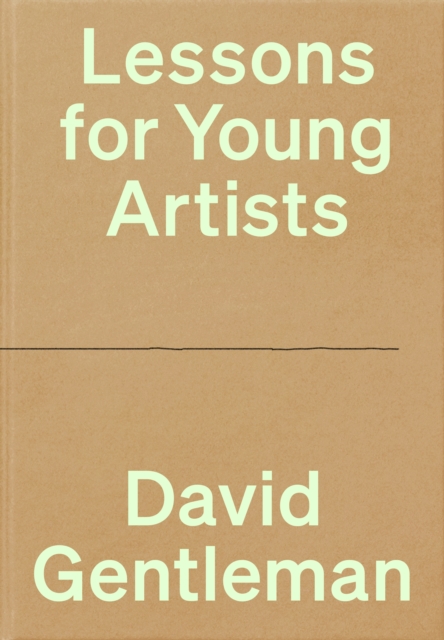
Lessons for Young Artists by David Gentleman
This beautiful small book is not a how-to guide or a bossy textbook – nor is it only for the young! The much-revered artist David Gentleman instead inspires by his example of how to conduct a life of noticing, of clear purpose and diligent practice – lessons which can translate to all forms of living whether artistic or not. Of course, there are also specific lessons here for anyone wishing to become an artist - such as the importance of taking care of your materials and tools. All is sumptuously illustrated with the many and varied pieces of work from Gentleman’s life – from stamps to lithographs to Stop The War posters.
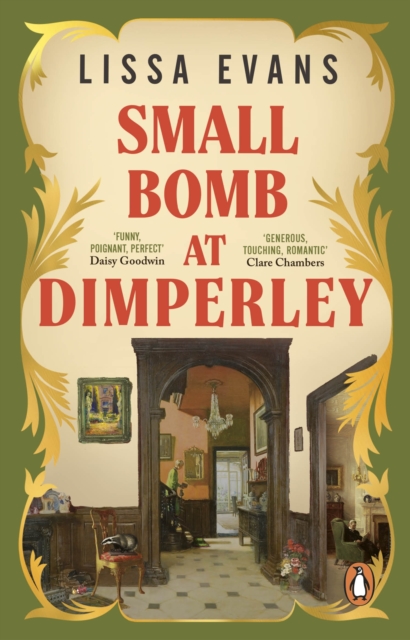
Small Bomb At Dimperley by Lissa Evans
This is a heart-warming, witty story that explores domestic life and social change at the end of the Second World War. Dimperley Manor is relinquished from its duties as a maternity hospital during the war and is the stage to an eclectic range of characters across three generations trying to reestablish their former glory - but times have changed. Evans playfully entertains the reader, but her comic delivery in no way impedes the depth of her characters, indeed they flourish and she touches on deeper issues with impressive care and good heartedness.
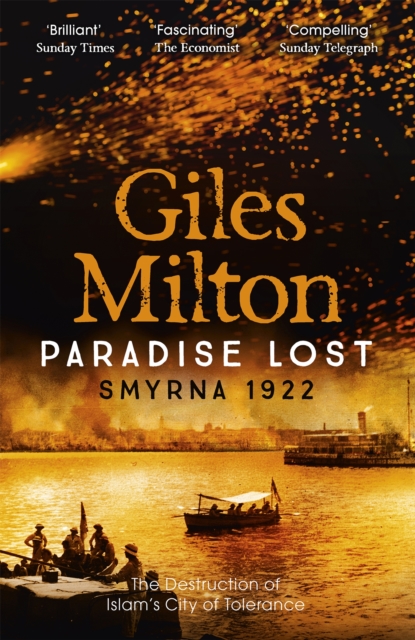
Paradise Lost by Giles Milton
The city of Smyrna, in modern day Turkey, was a place of rare levels of cultural diversity, integration and of economic success. Then, just after the First World War, it was almost completely destroyed in a ruthless attack with far reaching consequences. Paradise Lost is forensically well researched but is eminently readable as Milton elegantly constructs the narrative primarily through first-hand accounts of people who lived there at that time. This makes the book intensely personal, but at the same time, the reader is always given the background to wider events to provide the relevant context. A wonderfully constructed account of a terrifying event and significant moment in history.
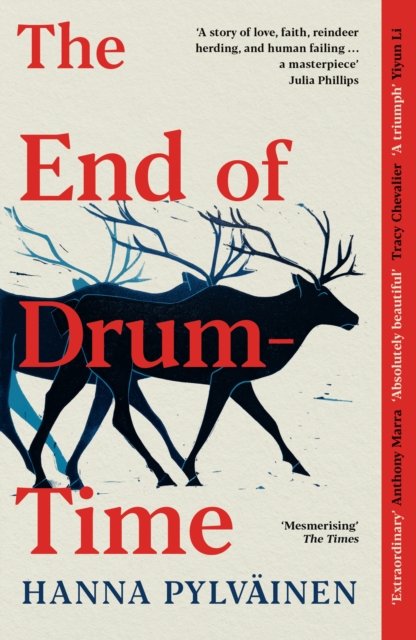
The End of Drum-Time by Hanna Pylvainen
In an isolated community in the Scandinavian wilderness, with the contrast of the brutally cold winters and the light filled summer days, the strong arm of the church tries to control the people. However, the Sami community have their own traditions to follow, for they are led by their reindeer. As we learn more about the inhabitants, we uncover a web of complex tensions, restrictions and the severe ramifications when individuals rebel. The writing is elegant, vivid and the rich detail effortlessly enables a sense of closeness to the characters’ lives, I felt I was almost living with them. An intimate and engrossing read reminiscent of Hannah Kent’s Burial Rites and Lars Mytting’s The Bell in the Lake.
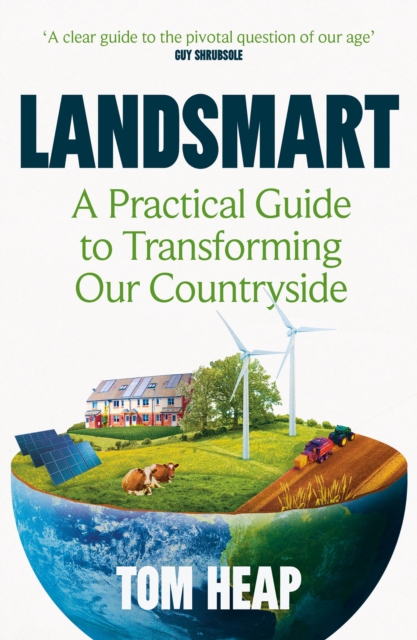
Landsmart by Tom Heap
The most appropriate way to use the UK’s limited countryside resources has been a source of debate and contention for decades and this has intensified still further in recent times. Entrenched views, vested interests and challenging economics, all make an open and productive discussion difficult. However, developing just such an open discussion is exactly the aim of Landsmart. Without championing a specific silver bullet, Tom Heap carefully considers the challenges, and reviews many examples of land-use practice that could provide different parts of a solution. With illuminating research and balanced commentary, Landsmart brings fresh energy to the topic and is both highly informative and hopeful.
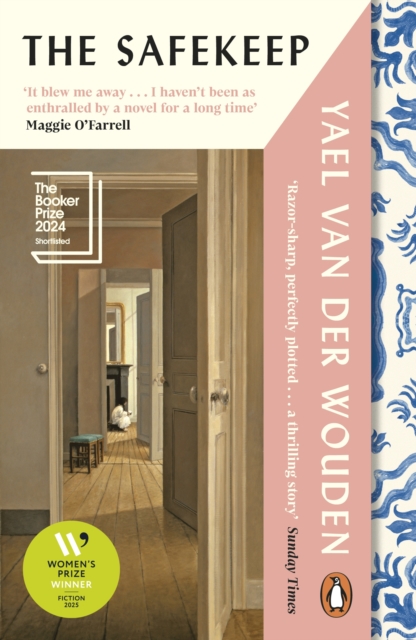
The Safekeep by Yael van der Wouden
Singled out for praise by Maggie O’Farrell, this is a highly impressive debut novel that fully deserves its Women’s Prize for Fiction. Set in the Netherlands in 1961, the story features three grown up siblings, two brothers and their sister. Isabel remains in their childhood home, her life is structured and without diversion. Initially, it is unclear where the author is taking the story; it’s prickly, the characters are unlikable, but the writing is utterly compelling and I couldn’t put it down. When Louis invites his girlfriend to reside with Isabel, the simmering uneasiness is magnified until finally it explodes, shedding light onto the relevance of the intimate details Van Der Wouden has subtly woven into the narrative to create this exceptional read.
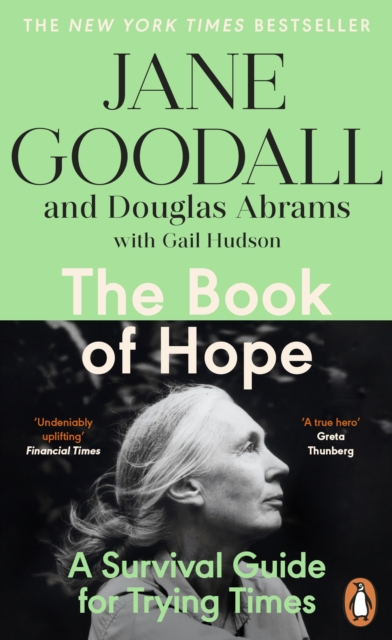
The Book of Hope by Jane Goodall
When Jane Goodall died in October, aged 91, obituaries around the world referred to her determination, courage, resilience and passion. The Book of Hope is a conversation between Jane and Douglas Adams, exploring hope - surely much needed in these challenging times. There is a gentle ease to the rapport between the pair as they discuss four key reasons for Jane’s optimism about the future. Her energy is infectious and her clear, astute thoughts are reasoned, offering a welcomed, nuanced insight compared to the loud, and often one-dimensional doom of much of the media that surrounds us. This is essential and inspiring reading for all of us, of any age, our human spirits need it!
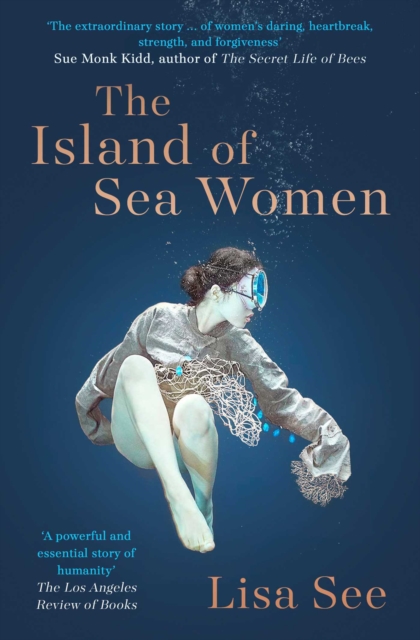
The Island of Sea Women by Lisa See
This is a fabulous novel highlighting the history, culture and people living in a little-known part of the world. Set on a South Korean island and spanning most of the 20th century, Lisa See introduces her readers to the exceptional diving women of Jeju. These women dive for their livelihoods, without any breathing apparatus or safety equipment. Even today the Haenyeo refuse breathing apparatus for fear of harvesting beyond the sea’s sustainability. This is a deeply researched novel, yet the details are skilfully woven into a compelling narrative about the complexities of friendship set against the brutal political backdrop. A fascinating story of human resilience.
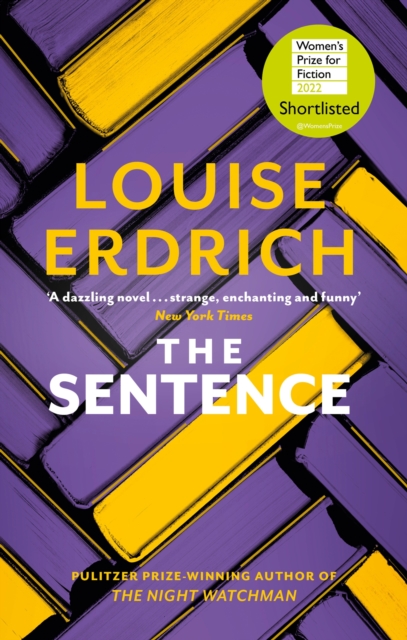
The Sentence by Louise Erdrich
Set in an independent bookshop in Minneapolis over a year from All Saints Day 2019 to 2020, this story is told from the perspective of Tookie, an ex-convict Native American woman rebuilding her life by selling books, acknowledging her debt to the writing which saved her during her incarceration. The shop is haunted by its “most annoying customer” which leads to some great comic scenes, but the staff and customers must also deal with the specific insecurities and fears of Covid and lockdown. This is a beautifully written humane book, the characters flawed but striving, and you find yourself rooting for them to keep going, to hold on, to make the right decisions.


